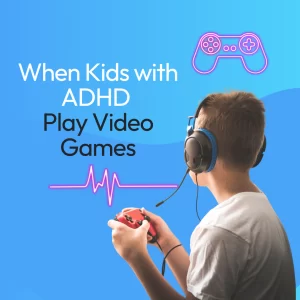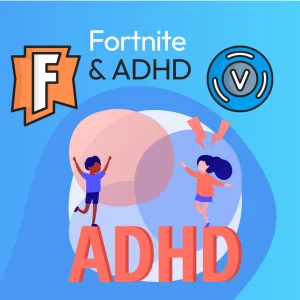Young people are told all about the perils of peer pressure. Warnings abound regarding the nebulous yet omnipresent threat. And while I was told all about the importance of resisting the influences of my peers which were negative, I was not prepared for how inescapable the pull of that gravity would be. Peer pressure is one of the most significant predictors of youth alcohol use. If the friends of a young person consume alcohol, the likelihood that they will imbibe increases significantly. Giving young people the tools needed to manage peer pressure is not an easy assignment, but it is one that is of the utmost importance.
Experiencing peer pressure as a young person
I remember my first encounter with alcohol clearly. I was 15 years old and on a trip for an athletics competition. We did have “adult supervision,” but that person was obviously irresponsible. Being 15 years old, sans parental supervision, in another state, with a couple peers, I can say that I was not prepared to avoid peer pressure. The “adult” provided the alcohol, and the lot of us underage youth drank it.
Now, I did not drink again until I was in college…but I did drink that night. Looking back, there is a world where I—as a 15-year-old—was perfectly able to decline, and retain my dignity; however, on that occasion I was unprepared. The peer pressure from my peers was overwhelming, and the pressure from the adult who was present was implicit. Many times, that is the case. Even if the pressure from one’s peers feels manageable, the pressure from those people who the young person considers idols pulls them across the line of resistance.
Creating environments where the pressure is positive
All these years later, almost 20 now, I look back and think about that night. What tools would I have needed in order to decline? The pressure to drink seemed immense. At the time, it seemed inescapable. The alcohol was provided by an “adult” figure who I looked up to. A person who was actually responsible for my well-being. I was with friends who didn’t seem to be averse to the experience. (Even if their perception was the same as mine, and they were thinking of ways to say “no,” but not finding the courage to do so.) So, how could that night have been prevented, or changed? Back then, I knew that my parents would not approve of me drinking. But I never remember an explicit conversation warning me about the circumstances in which alcohol might present itself.
Preparing young people for just how difficult it is to resist peer pressure one of the reasons that we encourage them to associate with peers who will steer them in the right direction. Peers who are invested in their success. Peers as motivated as we want our youth to be. As young people begin to explore their identities away from their family, they do so with their friends. What we hope is that they align themselves with peers whose judgment is collectively good. “Collectively good judgement” might need a bit of explanation.
What is collective judgment?
When people, of any age, are in a group they have the potential to behave differently than if they were simply by themselves. Think about “individual judgement” being when a person is alone, and “collective judgment” referring to that judgement that is decided by a group. When young people get together, we need to ensure that they are set up to be successful with this collective judgment. Often, young people are set up to fail. Set up to collectively make poor decisions. Too little supervision. Indirect communication about the state of the world.
Keep the conversation going
Focus the conversation about peer pressure on providing education and support to our youth. And keep in mind that action on our part is required to help support young people. We must act to help set young people up for success. To help them find environments where they can be successful with their peers, and to give them the tools they need to confidently stand up and speak for themselves if they find themselves in a situation where the actions of their peers do not match their values.



